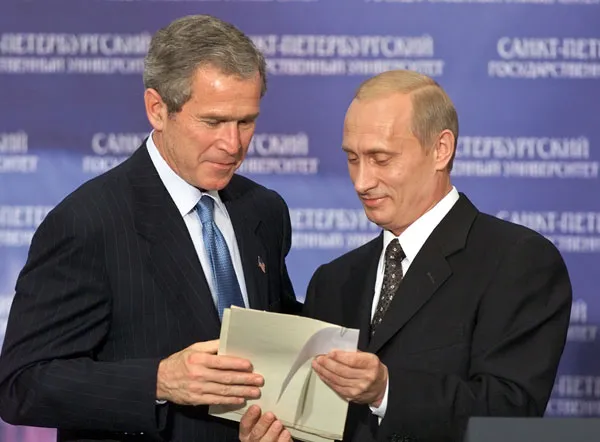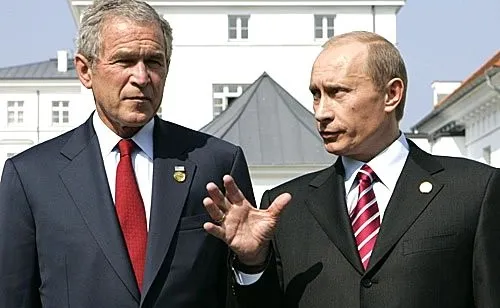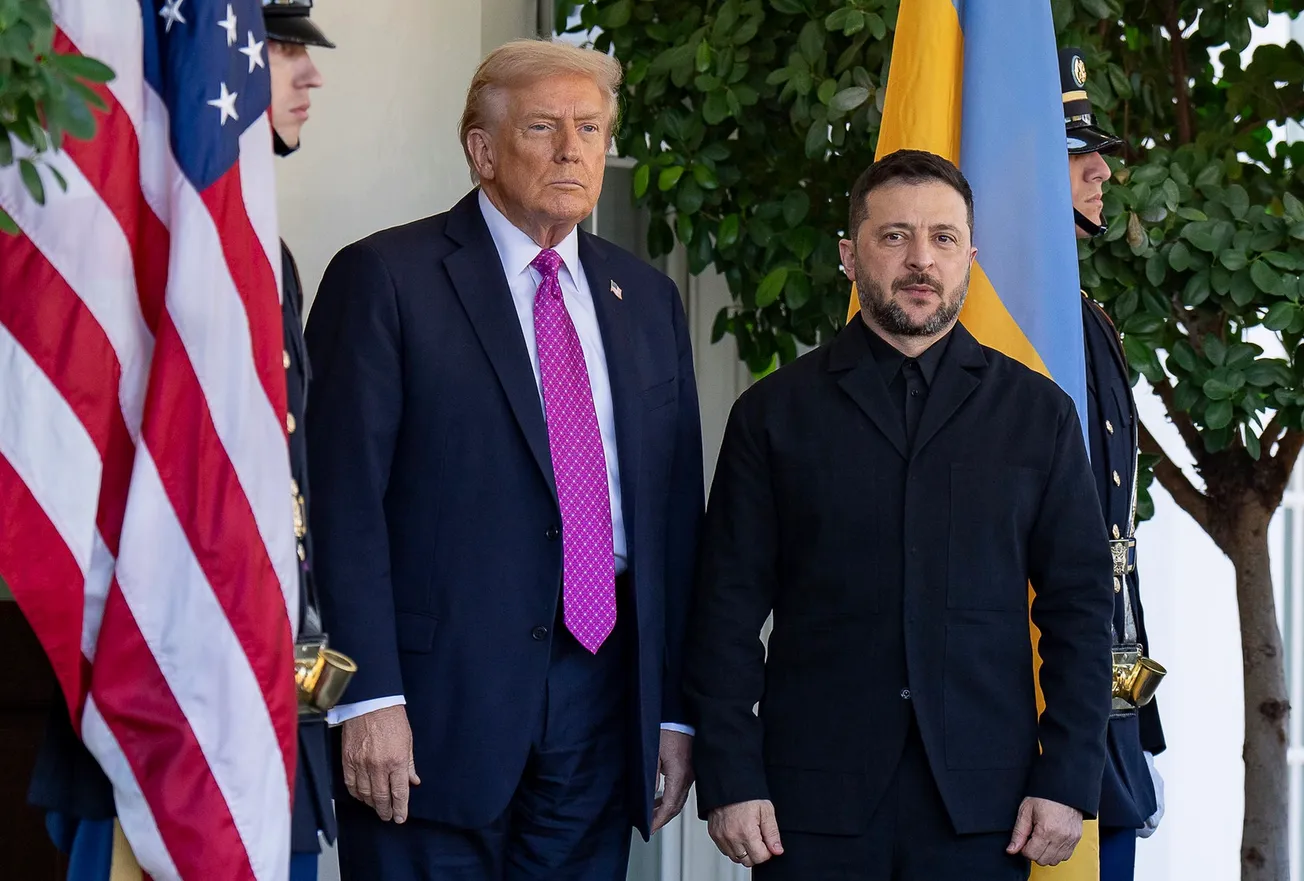Hans-Werner Sinn, former director of the Munich-based Ifo Institute econometric think tank, writes in an assessment, “Germany’s Ineffective Green Unilateralism,” published on May 20, by Project Syndicate. The feature says that the German Green Deal strategy is hasty and over-ambitious. “The problem with such hasty strategic choices based on the current Zeitgeist is that the government had no time to carefully consider their likely effectiveness and cost. It relied on climate models in which economic considerations regarding industrial competitiveness and the reaction of global fuel markets do not figure at all.
“Germany is planning to base its power supply primarily on electricity generated from wind and solar energy to be consumed directly or indirectly via hydrogen production. However, as of today, the share of wind and solar power in total final energy consumption, including traffic, heating, industrial processing, and the like, is less than 7%, even though the entire country is sprinkled with wind turbines and solar roofs. It is true that the share in electricity production already is a third, but the electricity itself is only one-fifth of the total.




